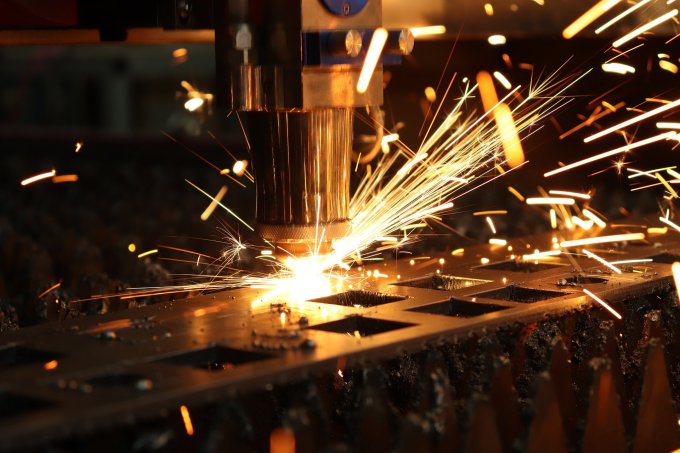- 19 February 2026
Metalworking is a wide range of processes that aim to shape, form and refine the properties of metals. It is a complex process that involves many techniques, applications and methods. Basic methods include mechanical, thermal and plastic metalworking.
Machining is one of the best-known ways to manipulate metals. It uses various tools such as lathes, milling machines or drills to carry out cutting, shaping or drilling of metals. The process is based on the removal of material, which leads to the desired shapes.
Thermal processing, on the other hand, involves modifying the structure of metals using temperature. Examples include hardening, permeation or cementing, which change the properties of metals, such as hardness or strength.
Plastic machining, on the other hand, is based on deforming metals using pressure or impact. Examples include stamping, drawing or rolling, which give metals new shapes without removing material.
Today, technological developments are also revolutionizing metalworking processes. CNC in metalworking (Computer Numerical Control) is one of the most important technologies that enable precise and automated metalworking. With programmable CNC machines, we can perform complex operations with high accuracy and repeatability.
Laser technologies in metalworking, on the other hand, offer extreme precision and speed in cutting, welding or marking metals. Lasers are used in a variety of fields, from car manufacturing to aerospace, enabling precise and efficient metal processing.

Metalworking plays a key role in many industrial sectors. Uses in various industrial sectors include automotive, construction, aerospace, electronics and toolmaking, among others. Metal components form the basis for many products and machines used on a daily basis.
It is also worth noting that innovations and trends in metalworking have a huge impact on the future of the sector. The development of new materials, processing methods or the use of artificial intelligence and automation are changing the way we use metals, creating more efficient and advanced solutions.
Metalworking is not only a technical process, but also the art of transforming raw materials into high-quality products. The development of technology and innovation in metalworking is crucial to the development of the industry not only in Poland, but around the world.
Years of experience, commitment to innovation and flexibility to adapt to changing market needs mean that metalworking is constantly evolving and remains one of the most important sectors in the industry.
Metalworking is not only about technical processes, but also about the people involved in creating and shaping the future of the industry. Their efforts, knowledge and commitment make metalworking an extremely fascinating field, full of challenges and opportunities for growth.
In light of the growing need for sustainable development and adaptation to rapidly changing market conditions, metalworking is becoming not only an area of production, but also an area of innovation, striving for efficiency, quality and sustainability.